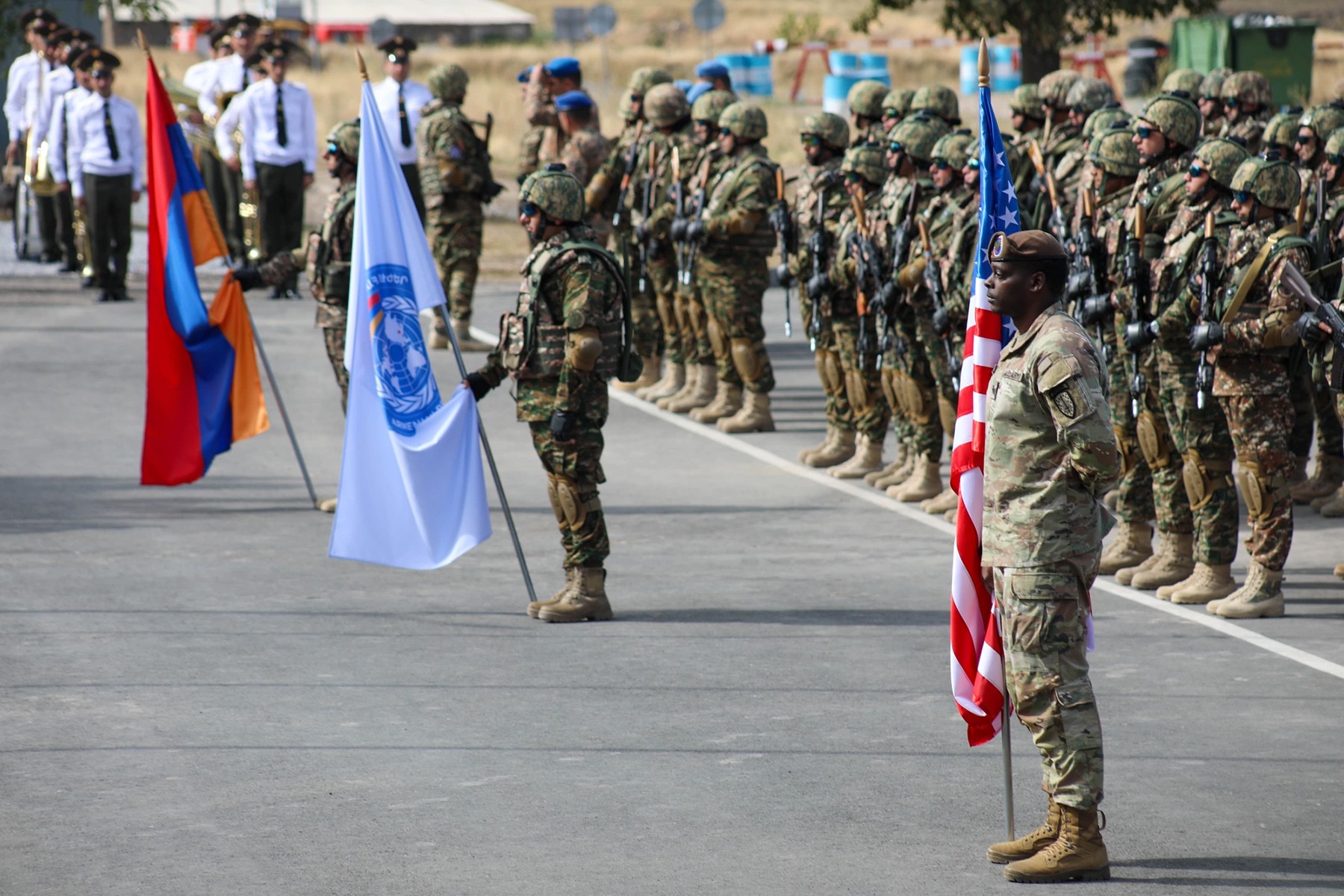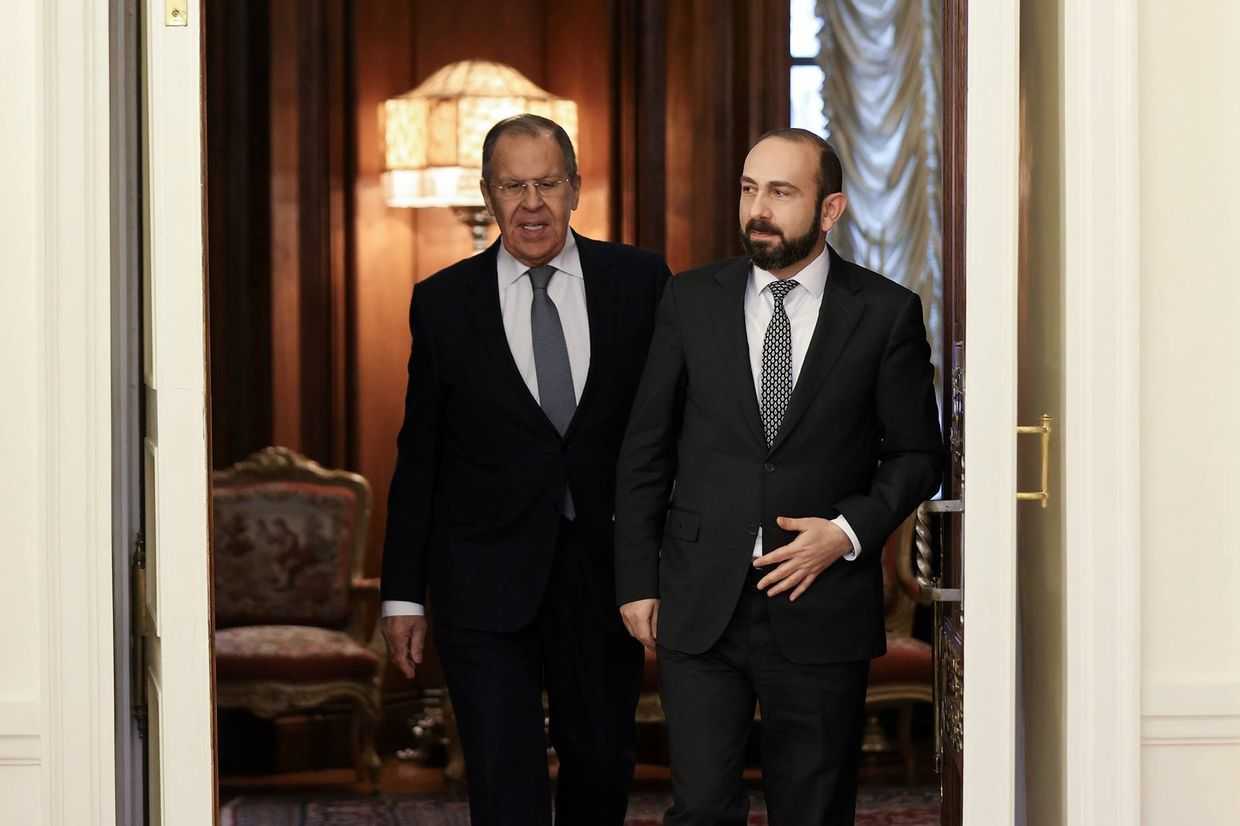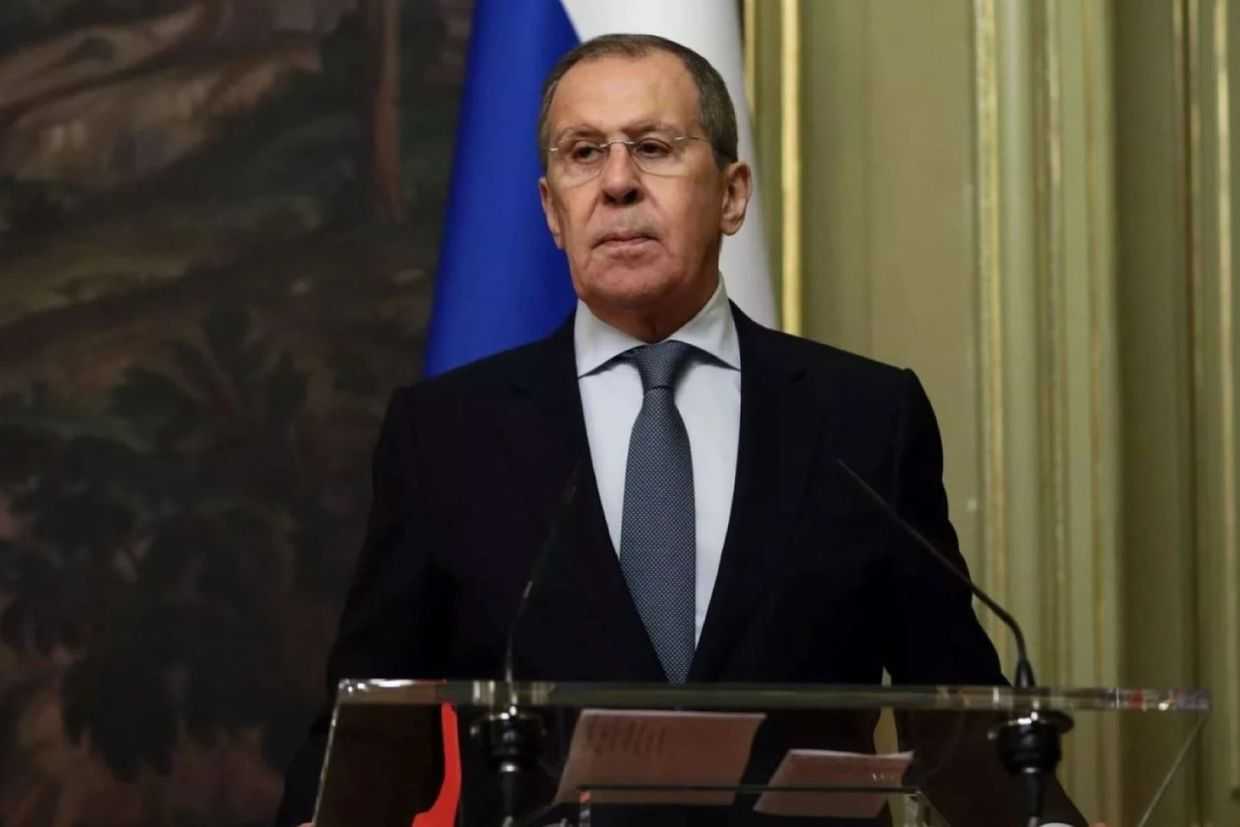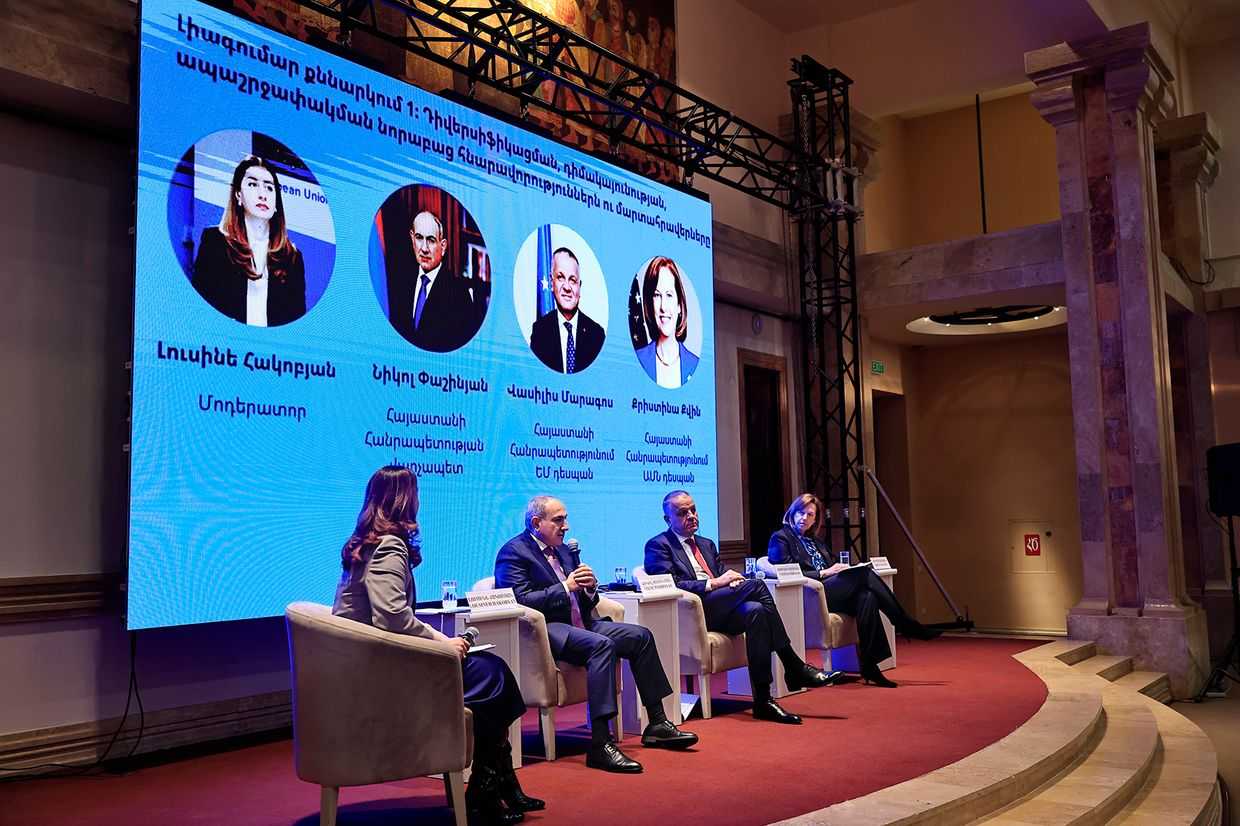
The Armenian authorities have continued to foster security ties with the West, as the country’s relations with Moscow remain in freefall.
Earlier this week, the Chief of Staff of the Armenian Armed Forces, Eduard Asryan, visited the United States European Command in Stuttgart, where he met with deputy commander Lieutenant General Steven Basham, to discuss Armenian–American military cooperation.
The two were reported to have discussed army professionalisation programmes, the modernisation of Armenia’s management systems, peacekeeping, military medicine and education, and combat readiness.
The meeting with Basham came off the heels of recent joint Armenian–American military drills in Armenia in September.
Germany has also expressed interest in Armenia’s security concerns. On 3 November, Germany’s Foreign Minister, Annalena Baerbock stated in Yerevan that Germany was willing to ‘cooperate’ with Armenia on security matters.
And early in October, France’s Foreign Minister Catherine Colonna stated that Paris and Yerevan had agreed to sign a deal that would enable the delivery of military equipment to Armenia to help Armenia ‘ensure its security’.
Later that month, the two countries signed bilateral military cooperation deals to provide weaponry including radars and anti-air systems to Armenia, when Armenia’s Defence Minister Suren Papikyan and the French Minister of the Armed Forces Sébastien Lecornu met in Paris. France has also dispatched a military attaché to the French embassy in Yerevan.
Less than a week later, the Secretary of Armenia’s Security Council Armen Grigoryan met with senior US and French officials in Malta to discuss the security situation in the South Caucasus.
Armenia has also looked further afield for its renewed bid to diversify its military ties, including appearing to secure further weapons deals with India, with whom it already had close ties.
Citing an anonymous source, India’s Economic Times reported in October that New Delhi was considering providing a new shipment of military equipment to Armenia following a senior Armenian visit to India.
This was later corroborated by the Eurasian Times, which on Wednesday reported that Armenia had purchased a $41.5 million anti-drone system from India’s Zen Technologies.
Armenia previously purchased military equipment from India in the autumn of 2022, including Pinaka multiple launch rocket systems, anti-tank missiles, rockets, and ammunition.
Defence Minister Suren Papikyan also made a visit to Beijing in October to discuss potential defence cooperation with China.
Armenia distances itself from Russia
Armenia’s courting of Western and other security partners has come as the country has experienced a dramatic rift with Moscow.
In late October, Prime Minister Nikol Pashinyan hinted that Russian inaction in the face of Azerbaijan’s offensives on Armenian territory in 2021 and 2022 had forced Yerevan to ‘diversify’ its relations in the security sector.
A month prior, in his Independence Day address, Pashinyan stated that Armenia’s allies had ‘for many years […] set the task of demonstrating our vulnerabilities and justifying the impossibility of the Armenian people having an independent state’.
His statement was taken by many as a reference to Russia.
As Yerevan’s relations with Moscow have deteriorated over the past three years, Armenia has opted out of several high-profile drills and summits organised by the CSTO — the Russia-led security bloc.
Last year, when Armenia hosted the CSTO summit, several hundred people protested in Yerevan demanding that Armenia leave the organisation over its failure to protect Armenia against Azerbaijan’s September 2022 attack.
This year, Armenia refused to host joint CSTO peacekeeping exercises which Pashinyan labelled as being ‘inexpedient in the current situation’.
Armenia also sat out CSTO drills in Belarus and Kyrgyzstan in September and October.
Yerevan also refused to send a representative to serve as the CSTO’s deputy secretary general in March.
Defence Minister Suren Papikyan has also sat out CSTO Council of Ministers of Defence meetings in 2022 and 2023.









